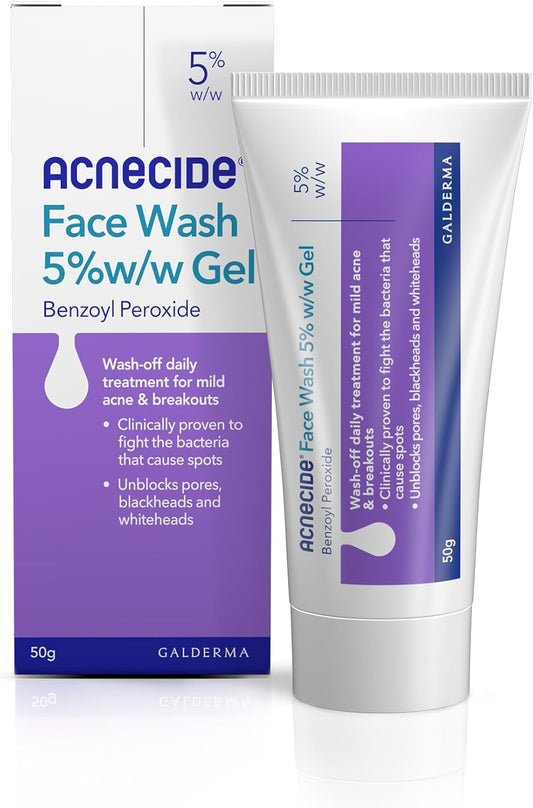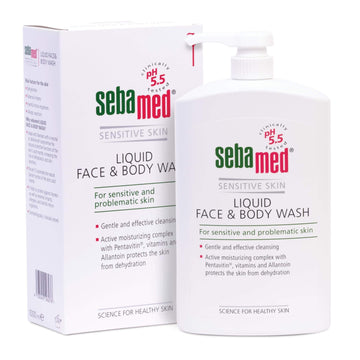Medication for Acne plays a crucial role in skincare, helping to reduce breakouts, control excess oil, and prevent scarring. Whether in the form of topical creams, gels, or oral treatments, these medications are formulated to target the root causes of acne, such as bacteria, inflammation, and clogged pores.
One of the key benefits of acne medication is its ability to reduce inflammation, helping to calm redness and swelling associated with breakouts. It also works to prevent future acne by controlling oil production and keeping pores clear. Different treatments are available to address various types of acne, from mild blackheads and whiteheads to more severe cystic acne. Additionally, these medications promote skin healing, supporting the natural recovery process and minimising the risk of scarring. For those struggling with persistent acne, the right medication can make a significant difference in achieving a clearer and healthier complexion.
You might be interested in our blog post - 7 Acne Causing Foods According to Doctors.






















 Rated Excellent by 26,523+ Reviews
Rated Excellent by 26,523+ Reviews